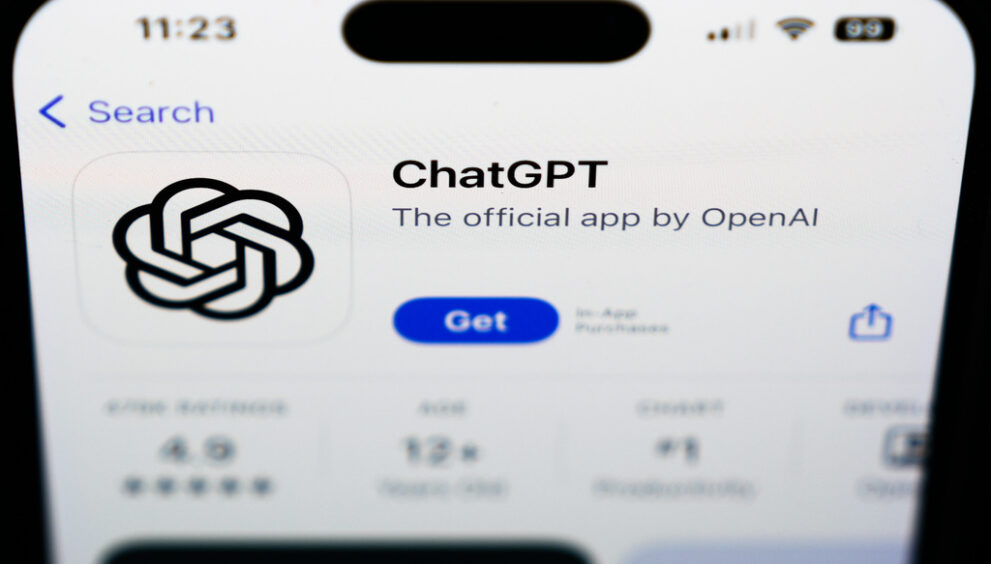Is the Trump administration waging the incorrect economic battle?

An essential debate in recent years has been about the impact of skill-biased technological advancements versus globalization, especially the ‘China Shock,’ on the job market in the U.S., particularly affecting middle-class workers.
In the late 1990s and early 2000s, discussions mainly focused on how innovations in IT, communication, and factory automation benefited highly skilled workers but adversely affected mid-skilled workers, causing job polarization and the decline of the middle class.
Economists now classify work tasks as cognitive or non-cognitive, routine or non-routine, which helps in assessing the vulnerability of tasks to automation. While traditionally middle-skill jobs were at risk from automation, high-skill jobs with cognitive and non-routine tasks were believed to be secure.
There was a widespread belief that college education was the solution to counter the impact of skill-biased technology by enhancing the overall skill level of the workforce. However, recent trends question the effectiveness of focusing solely on increasing the number of college graduates due to changes in job demand.
Starting in the early 2010s, economists led by David Autor from MIT presented the “China Shock” hypothesis, emphasizing China’s growth in manufacturing and its negative consequences on specific U.S. sectors, offering an alternative perspective to the technology-driven narrative.
While globalization adversely affected blue-collar workers, especially in manufacturing, the rise in support for protectionist policies indicates a backlash against import competition. However, the economic landscape may have shifted, making some of these policies outdated.
With the rise of generative artificial intelligence, policymakers face new challenges as AI begins to disrupt high-skill white-collar jobs. Many traditional professions are already experiencing cutbacks due to AI’s capabilities in performing cognitive and non-routine tasks.
Concerns over technological unemployment have existed since the 19th century, often disproven by subsequent job creations. However, with the emergence of generative AI, there are fears that it may lead to significant disruptions in jobs, especially in white-collar sectors.
The potential implications of the AI revolution are uncertain, requiring policymakers to focus on developing skills that are valuable in the AI age. Encouraging foundational education and critical thinking skills becomes essential in preparing for the changes AI might bring to the job market.
Vivekanand Jayakumar, Ph.D., a professor at the University of Tampa, offers insights into the ongoing economic debates surrounding technology, globalization, and the future of the workforce.






















































































































































































































































































































































































































































































































































































































































































































































































































































































































































































































































































































































































































































































































































































































































































































































































































































































































































































































































































































































































































































































































































































































































































































































































































































































































































































































































































































































